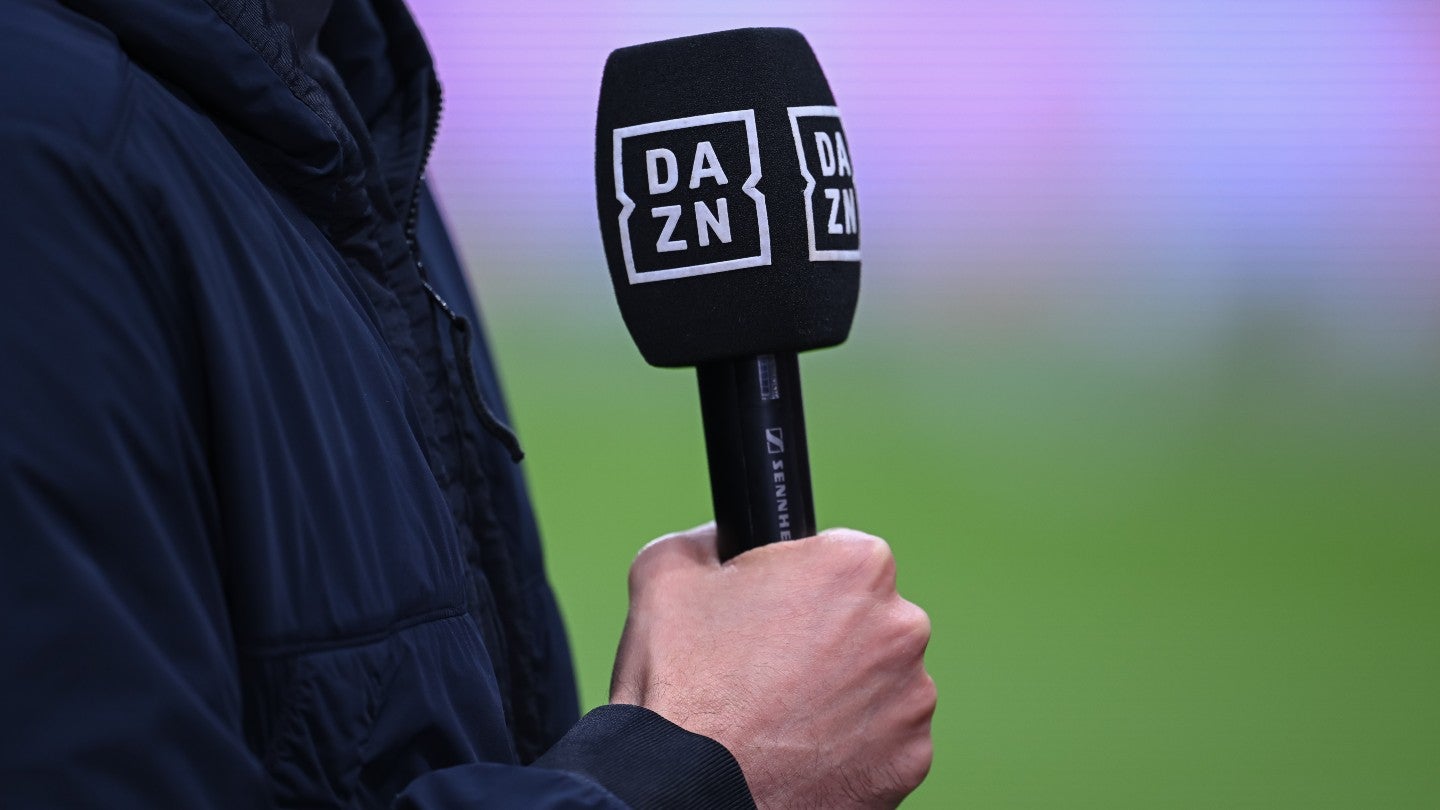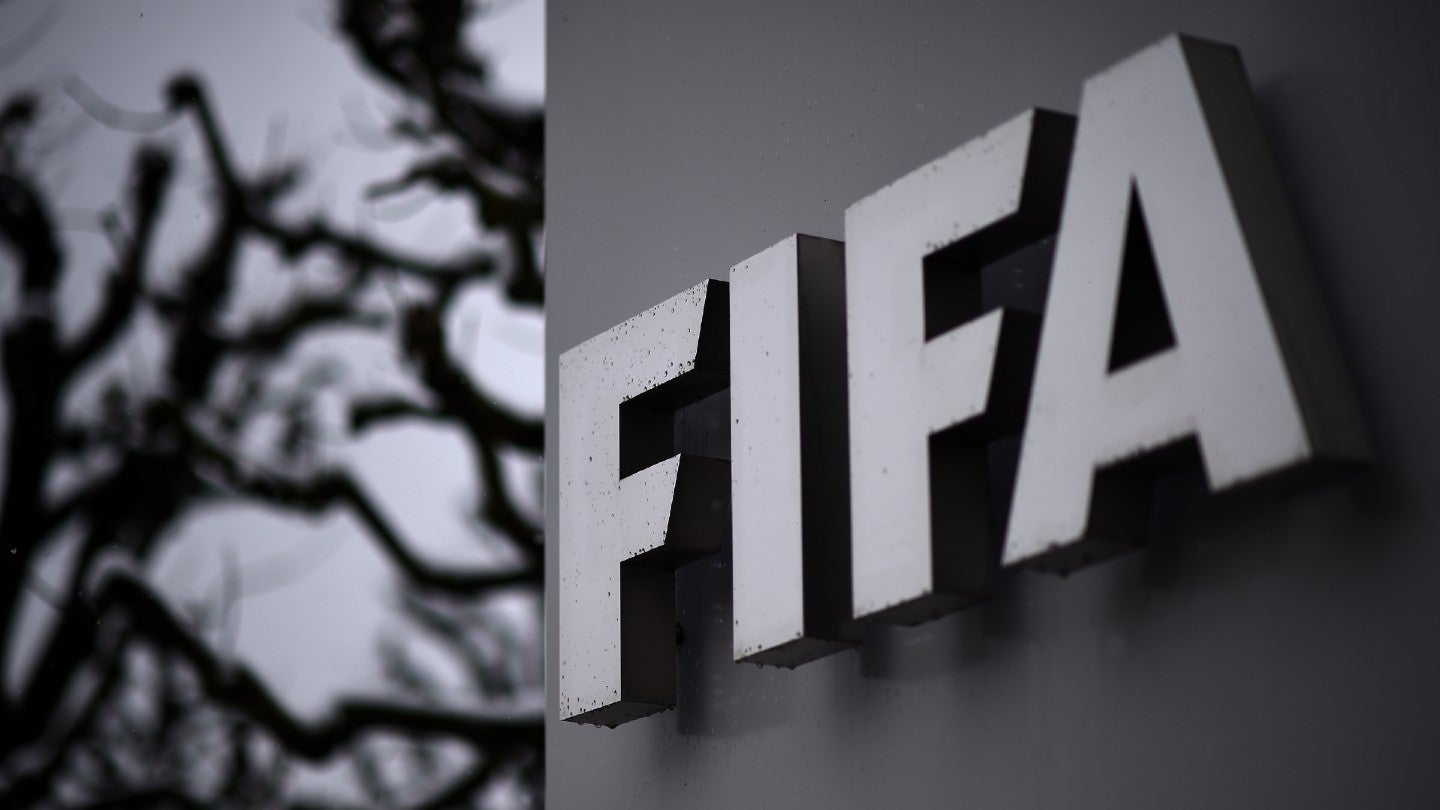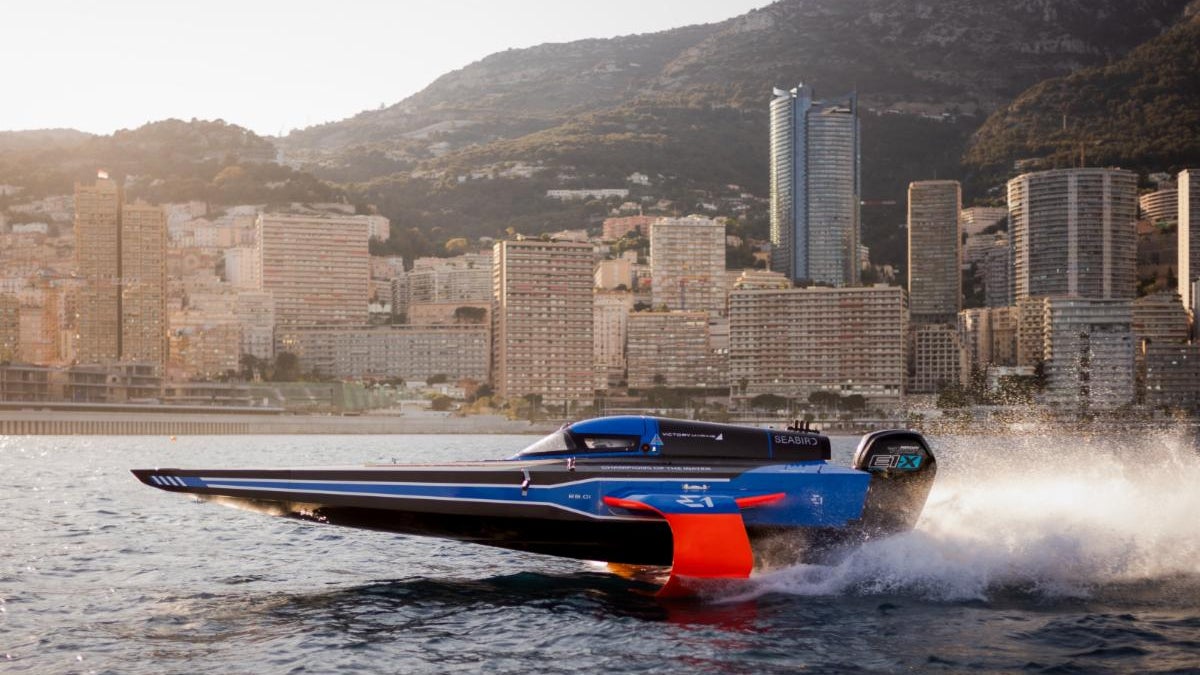
The chief executive of adidas, the German sportswear brand which has been one of the main sponsors of soccer’s global governing body Fifa for the last 50 years, has criticised that organisation’s proposals to holds its showpiece men’s World Cup every two years.
In an interview with Swiss media, Kasper Rørsted said: "I don’t think much of a soccer World Cup held every two years. There’s a European Championship here, there’s a Copa América in Latin America … one should also leave space for other things.”
Adidas becomes of the first significant brands associated with Fifa to criticise the plans (which are currently meant to be going through a feasibility study) for a biennial men’s World Cup – at the moment held once every four years.
The chief executive added: “I am a passionate soccer fan … but I think it is important that not only one sport is shown on television but also biathlon, skiing, tennis or handball. If you push just one product heavily it is not good.”
The brand has a history with Fifa stretching back to the 1970 World Cup in Mexico and has been one of the premium event’s top-tier partners for most of that time.
See Also:
Its current deal, under which it creates the official match ball for each World Cup and receives broad licensing rights at the quadrennial tournament, is set to run until 2030, having been struck in 2013. That arrangement also gives it similar rights to Fifa’s other club and national teams' tournaments for the length of the deal.
How well do you really know your competitors?
Access the most comprehensive Company Profiles on the market, powered by GlobalData. Save hours of research. Gain competitive edge.

Thank you!
Your download email will arrive shortly
Not ready to buy yet? Download a free sample
We are confident about the unique quality of our Company Profiles. However, we want you to make the most beneficial decision for your business, so we offer a free sample that you can download by submitting the below form
By GlobalDataThe biennial World Cup plans, first raised by the Saudi Football Federation at Fifa’s congress in July, are now being evaluated and assessed by the governing body, which is looking to canvas support from the various national and continental soccer authorities.
Over the past month, three continental federations – North and Central America’s Concacaf, the Asian Football Confederation, and the Confederation of African Football – have either said they support the proposal or are willing to approach it with an open mind, while Uefa and its South America’s equivalent Conmebol (both of which carry significant weight in the game) – have said they are categorically opposed to the idea.
Various European domestic leagues, as well as the European Club Association, have also issued their public opposition to the plans.
The original suggestion for a biennial World Cup from the Saudis was referred to by Fifa’s president Gianni Infantino as “an eloquent and detailed proposal” earlier this summer, and the subsequent vote to set up a feasibility study secured 166 votes in favour from the various worldwide national federations, with only 22 federations standing against.
Earlier this week, Infantino defended the idea of effectively doubling the number of World Cups, and said: “The prestige of an event depends on its quality, not its frequency … You have the [American football] Super Bowl every year, [tennis’] Wimbledon or the Champions League every year, and everyone is excited and waiting for it.”
Proponents of the biennial World Cup proposal have said it will give smaller nations a greater chance of competing on the world’s biggest stage and play more top-tier tournaments, while those who stand against the idea have said it will overwhelm the international fixture calendar and lead to an increase in player fatigue and injury.
Its opponents now also include the LFP, French professional soccer’s governing body, which has issued a statement criticising the idea today.
The LFP has said: "Without prior consultation, FIFA wants to make a decision that is in its sole interest and whose impact is irreparably negative for domestic championships and clubs…
“This project would also provide for the lengthening of international breaks which would greatly disrupt the series of domestic championships and cause the supporters to lose interest.
“The World Cup is a world heritage that must be preserved and not trivialised.”
If a biennial World Cup is introduced, it could be done as early as 2028, which would be the next free two-year slot after the 2026 World Cup in the US, Mexico, and Canada.
Any final decision on the plans would have to be voted in by a full Fifa congress, which generally takes place annually in May.
The next Fifa World Cup is set for November and December 2022 in Qatar.







